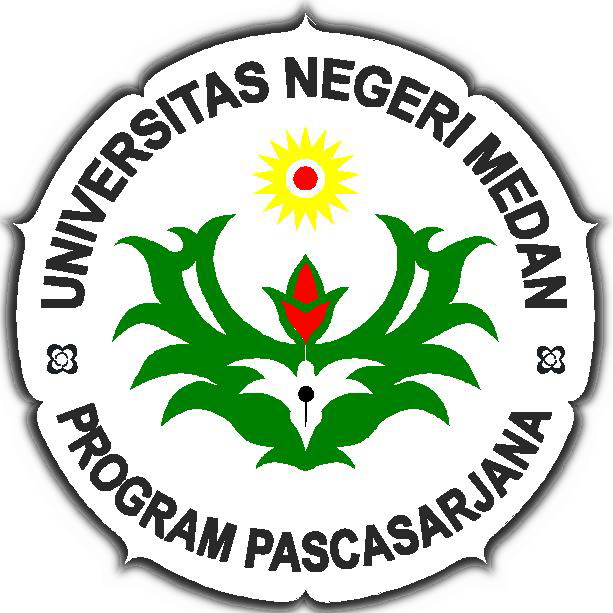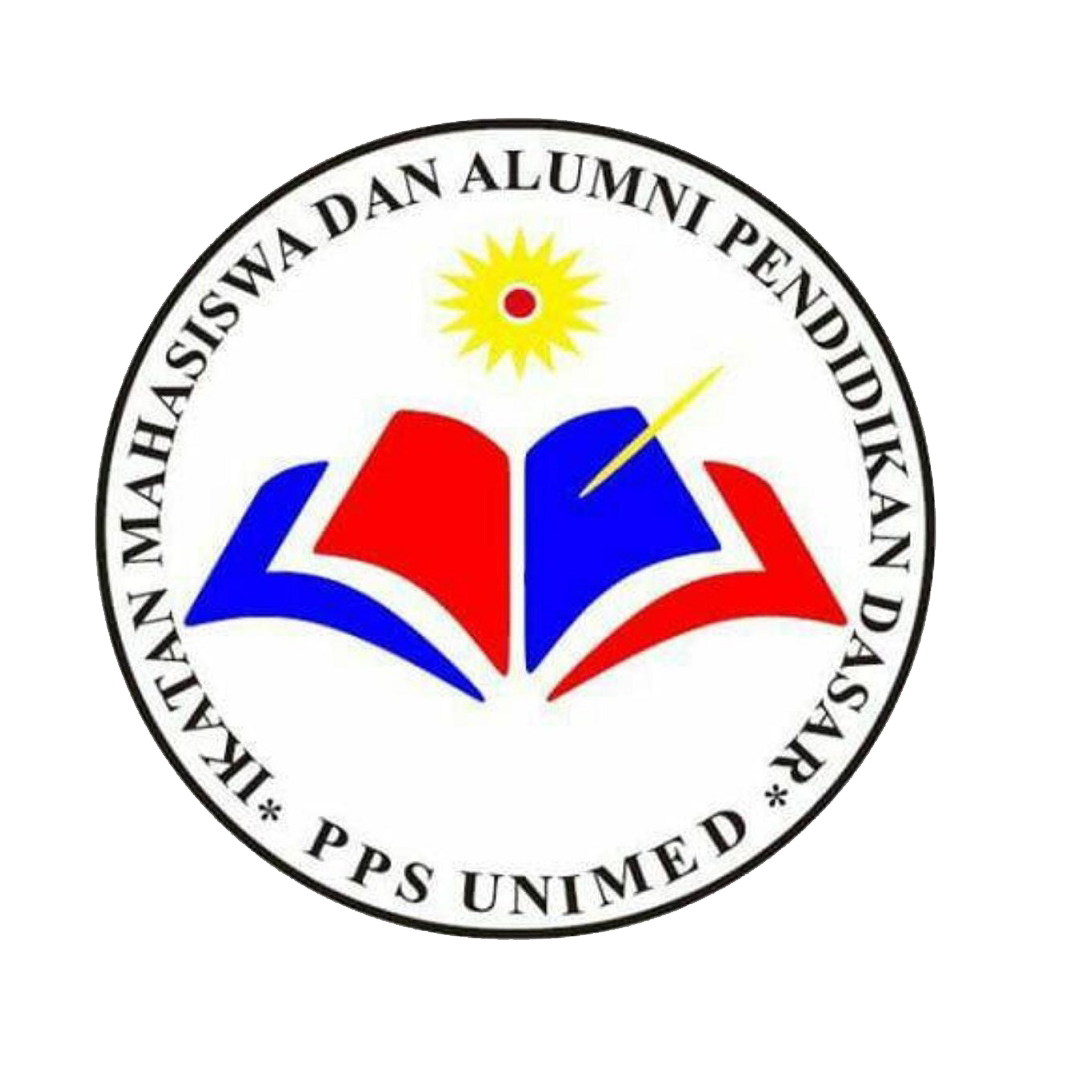PENERAPAN MODEL PROBLEM BASED LEARNING (PBL) DALAM MENINGKATKAN AKTIVITAS DAN HASIL BELAJAR PPKN PADA SISWA KELAS IV MIN MEDAN TAHUN 2014/2015
Abstract
Abstract: The application of the model of Problem Based Learning (PBL) to increase the activity and learning outcomes of PPKn subject in grade IV PPKn MIN Medan in 2014/2015. Thesis, Graduate Program, State University of Medan (UNIMED). This study aims to determine the increase of the activity and learning students outcomes of PPKn subject, in the material PPKn globalization, material with methods Problem Based Learning in 2014/2015. This research is a class act who use procedures for implementing the action research by model Hopkins, research was conducted in two cycle includes four stages for each cycle, namely: (1) planning; (2) implementation; (3) observation; (4) reflection. Subjects in this study were students of class IV, amounting to 31 students, consisting of 15 girls and 16 boys. Data collection techniques using achievement test in the form of essays by 10 matter and observation of student activity sheets. The data collected were analyzed by using qualitative and quantitative analysis. Results of research conducted concluded that the application of the Problem Based Learning (PBL) is proven to improve student learning outcomes of PPKn subject on globalization material in class IV, it is proved from: 1) an increase in students' learning activity by 23% through the application of the method of Problem Based Learning ( PBL) on globalization in the fourth grade material that is in the first cycle are 58.06% of students were classified as active learning and the second cycle increased to 80.65% of students were classified as active learning. 2) an increase in student learning outcomes by 54.8% after the first cycle measures implemented than before the action value is the average pretest before the given action at 13.94 with classical completeness percentage of 0% and after the first cycle of action, learning outcomes PPKn increased with an average value of 60.29 with the percentage posttest completeness 54.8%; The next after repair in the second cycle, student learning outcomes increased by 32.3% compared to the first cycle, the average value posttest second cycle of 73.61 with a percentage of 87.1% completeness. From these data we can conclude learning theory proposed by Dewey that students are given a stimulus in the form of the problem and then the students were asked to respond to that aims to solve problems raised Dewey's theory underlying an act of the model problem based learning. Vigotsky Lev theory and Piaget is a theory that supports the activities of the activities of the student, they argue bahwasannya where children have the innate potential to become familiar with the environment which raises the curiosity of children to new experiences that challenge them to provide solutions. This is evident in the improvement of student learning activities each cycle. Grand theories put forward by Bruner is a theory that became the cornerstone of the instrument is given to the students' achievement test using cognitive domains C1-C6; proven to improve student learning outcomes. As the conclusion of this study, by using a model of problem-based learning could improved the activity and learning outcomes of PPKn subject in grade IV MIN Medan school Year 2014/2015
Full Text:
PDFDOI: https://doi.org/10.24114/jt.v5i01.3198
Article Metrics
Abstract view : 400 timesPDF - 2675 times
Refbacks
- There are currently no refbacks.
Published by

Department of Primary Education
Universitas Negeri Medan
Jl. Willem Iskandar / Pasar V, Medan, Sumatera Utara – Indonesia
Kotak Pos 1589, Kode Pos 20221
Telp. (061) 6613365, Fax. (061) 6614002 / 6613319

Jurnal Tematik is licensed under a Creative Commons Attribution 4.0 International License.





